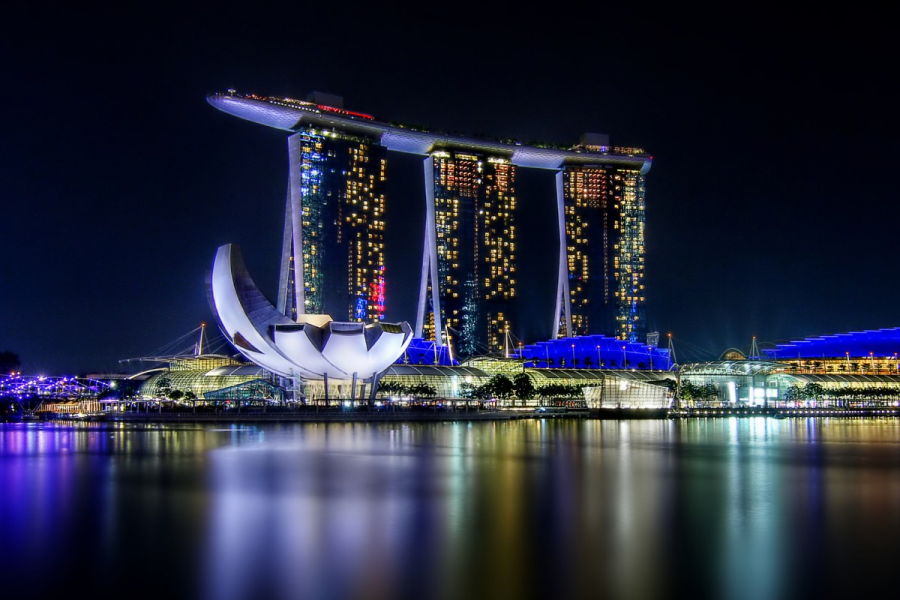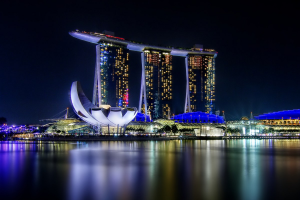Las Vegas Sands to pay US$1bn for Marina Bay Sands expansion changes

The casino operator aims to expand the gaming area of the venue.
Singapore.- Las Vegas Sands (LVS) has announced it will pay US$1bn to Singaporean authorities after entering into an agreement with the Singapore Tourism Board (STB) for changes to the expansion project for Marina Bay Sands (MBS).
In a filing on Friday (January 10), the company said it aims to increase the overall gaming area allocation for the expansion project, among other amendments. The company needs to purchase 2,000 square meters (21,528 sq. feet) of approved gaming area and 10,000 square meters in support of the gaming area from the STB.
Last October, LVS already revealed plans to invest US$8bn in the development of the second phase of Marina Bay Sands. Dubbed “MBS IR2”, the second phase will feature the development of the Marina Bay Sands Tower IV, with 570 rooms and additional casino space.
The fourth tower will also feature a 15,000-seat entertainment arena, augmenting MBS’s capacity for events and concerts, dedicated space for MICE tourism, and new food and beverage options and nightlife attractions. The project received approval from Singapore’s authorities earlier this year.
The updated cost for the second phase of Marina Bay Sands, which has increased from the initial US$3.3bn investment announced in 2019, includes US$2bn in total land premiums and an estimated US$4.7bn in design, construction, and other associated expenses.
The development of Tower IV is slated to begin by June 2025 and be completed by January 2031. Pre-opening and financing costs are estimated at US$1.3bn.
Marina Bay Sands forecasts 40% EBITDA growth after IR expansion
LVS predicted that MBS annual earnings before interest, taxation, depreciation and amortisation (EBITDA) will rise 40 per cent to US$3.5bn after the opening of the MBS IR2.
The company is carrying out a separate, unrelated US$1.75bn suite renovation programme for the existing accommodation at MBS. The renovation is set to be completed by mid-2025. Technological upgrades, such as the installation of smart gaming tables equipped with radio frequency identification (RFID), artificial intelligence and video analytics, which are being rolled out in collaboration with Angel Group, are expected to be fully operational by the end of 2025.








